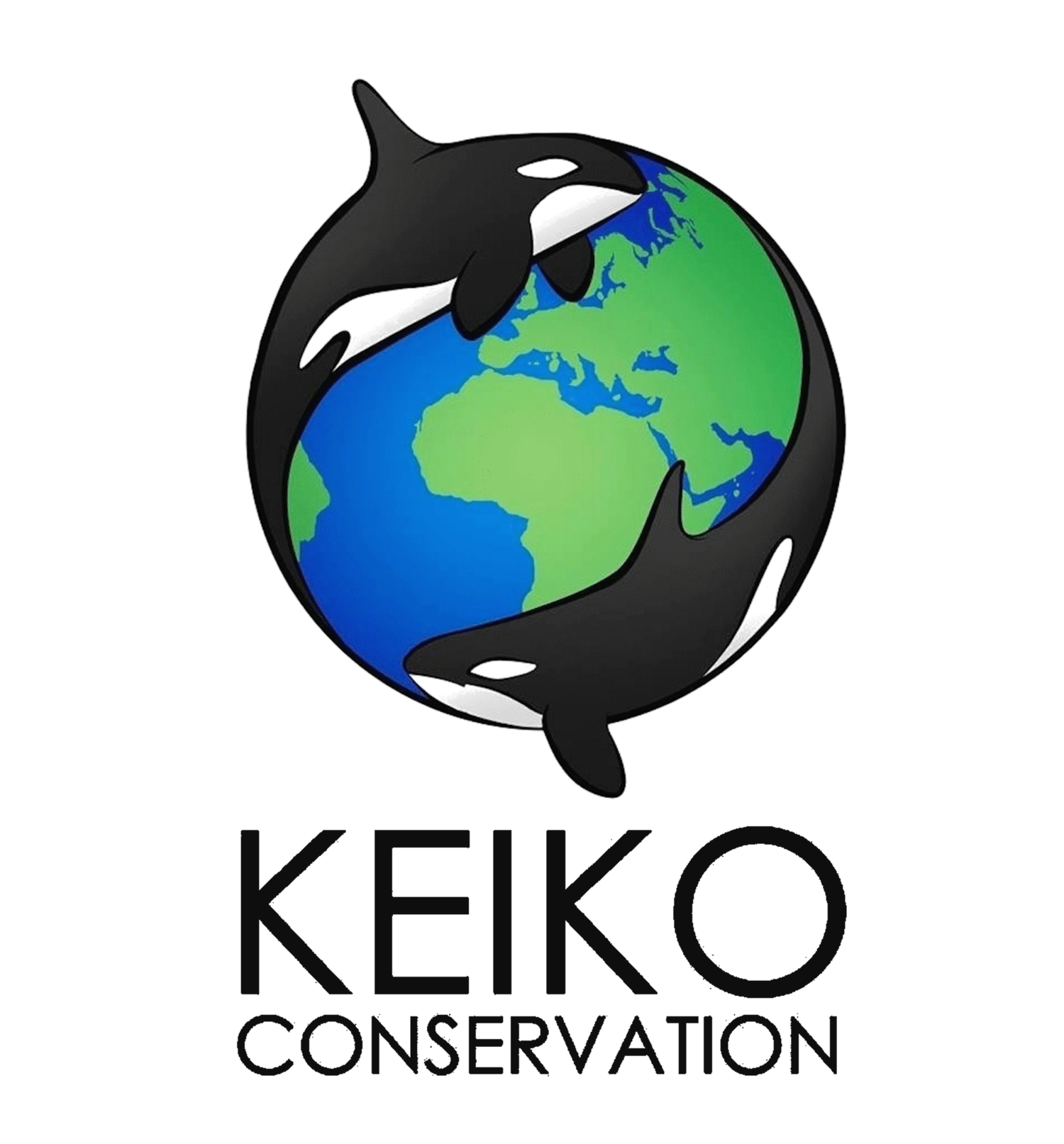5 Meal Prep Tips That Make A Difference
Getting started with meal prepping can not only save you money, it can also dramatically decrease the amount of plastic ending up in our oceans when you shop sustainably. Buying in bulk reduces excess packaging and costs for your weekly shop while lowering the carbon emissions of these items per shopping trip. You can save time by packing your meals in ready-to-go reusable containers, creating structure for your day and your diet. The benefits of a meal prep plan mean you know exactly what is going into your food and you can control the portion sizes to fit your lifestyle.
WHAT YOU CAN DO
Plan Ahead:
Planning the weekly shop allows you to reduce your carbon emissions by buying in what you need at the right times, meaning fewer short trips to the shops. Have meal themes for the week with new flavors and spice pallets to switch things up to keep it interesting. Also, having 1 reusable water bottle handy saves you roughly $250 per year based on the average of 170 bottles each American purchases annually (The Guardian, 2017).
Buy In Bulk:
This brings down costs and reduces excess packaging. A quick google search of ‘Sustainable shops near me’ will bring up outlets which provide loose and dried goods for you to refill - reuse - recycle purchasing as much or as little as you need. Refilling containers means new plastic items never enter the environment - Have a closer look at the aisles the next time you are at the supermarket and notice the amount of plastic wrap on our food items...
Store Dry Foods:
Using dried foods as base ingredients increases the longevity of your items and makes for easy meal prep bases. These can also be bought in bulk: Whole wheat pasta, rice, oats, lentils, quinoa etc.
Smart Swaps:
You can manage your time by prepping your meals in reusable containers. This reduces excess purchasing/packaging. Glass and steel containers are BPA-Free, airtight, hardy and dishwasher safe. They are also the easiest to clean and do not stain or hold scents like some of their plastic counterparts.
Author: Hayley Scullion

